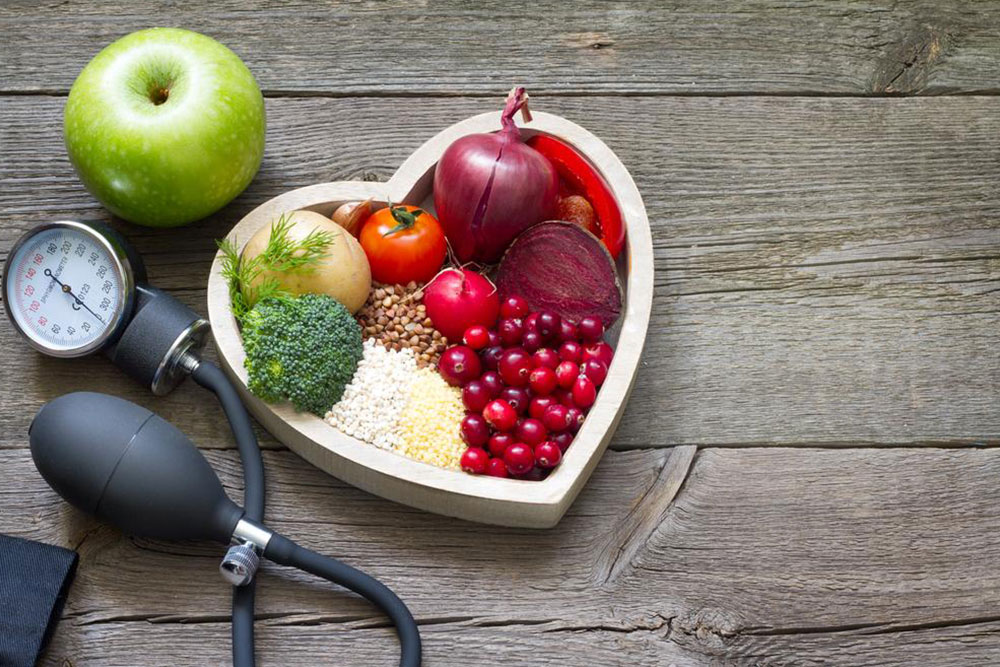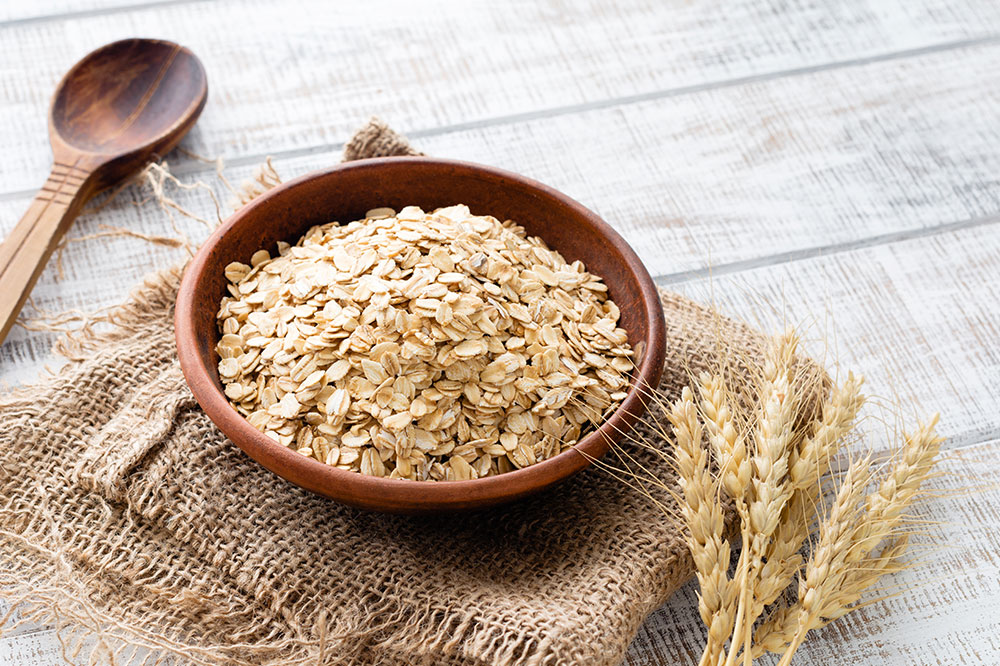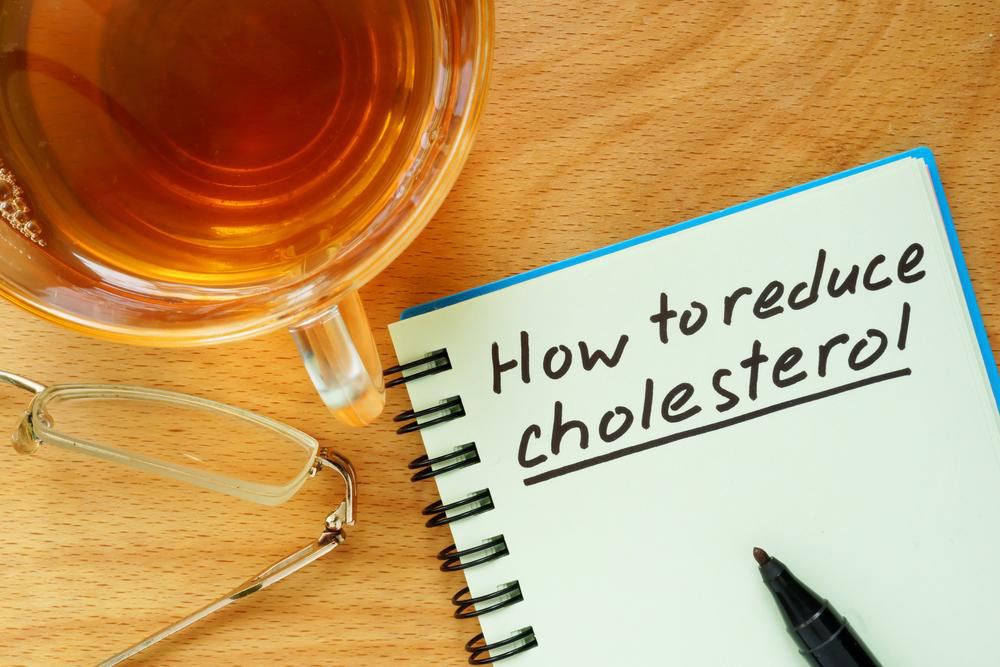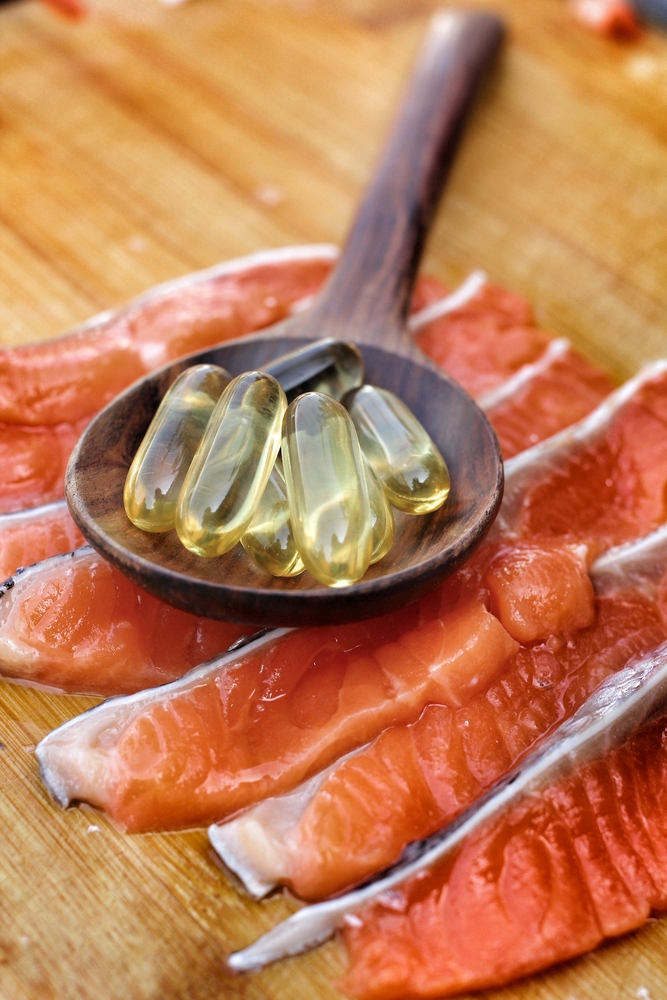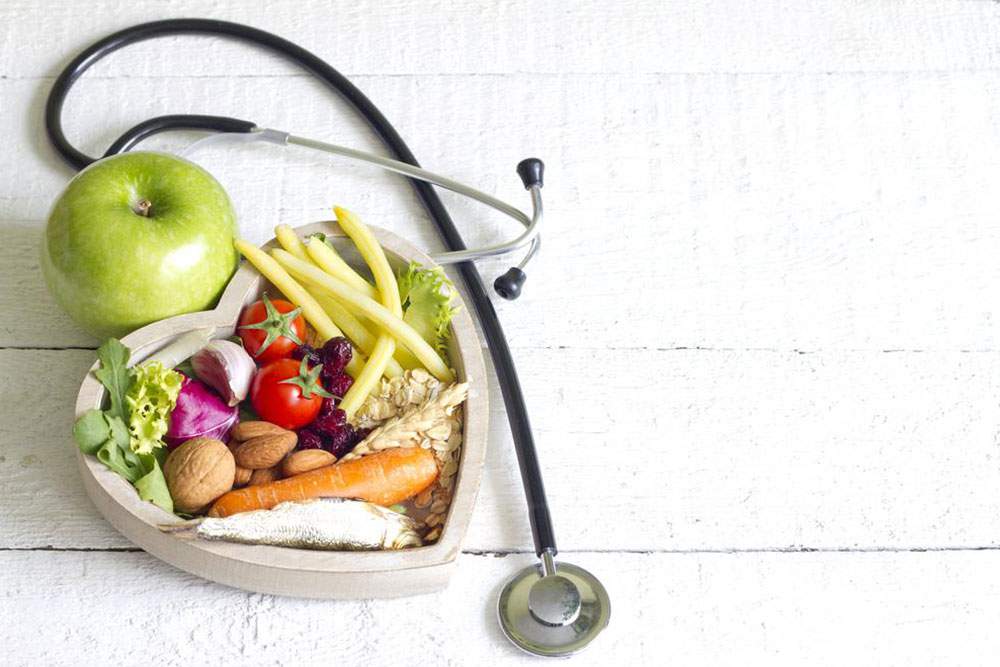Comprehensive Guide to Naturally Lowering LDL Cholesterol with Top 5 Food Choices
Discover natural ways to lower LDL cholesterol with our comprehensive guide featuring top heart-healthy foods. Learn how avocados, legumes, fatty fish, whole grains, and dark leafy vegetables can improve your lipid profile and reduce cardiovascular risks. Incorporate these dietary tips into your lifestyle for sustained heart health and overall well-being.
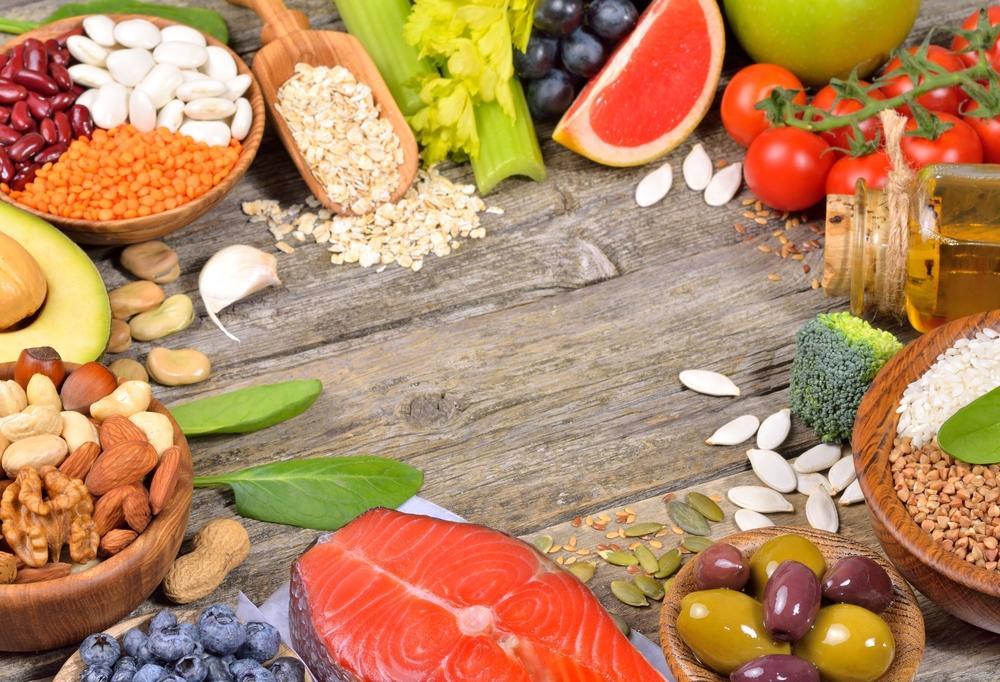
Comprehensive Guide to Naturally Lowering LDL Cholesterol with Top 5 Food Choices
Managing cholesterol levels is a vital aspect of maintaining overall health and preventing cardiovascular diseases. Elevated low-density lipoprotein (LDL), often termed 'bad cholesterol,' can lead to artery blockages, increasing the risk of heart attacks and strokes. While medications are available, a significant and sustainable approach involves dietary modifications. Incorporating specific foods into your daily diet can naturally help lower LDL cholesterol and boost high-density lipoprotein (HDL), the 'good cholesterol,' promoting heart health and reducing health risks.
Foods rich in beneficial fats and dietary fiber are instrumental in managing cholesterol levels effectively. These foods not only help to reduce the accumulation of LDL cholesterol but also support overall cardiovascular function. Adopting a heart-healthy diet is complemented by lifestyle factors such as regular physical activity, smoking cessation, and moderation in alcohol consumption. Here are five scientifically supported superfoods that can be seamlessly integrated into your diet to aid in lowering bad cholesterol naturally and maintaining optimal heart health.
Avocados: Known for their creamy texture and rich flavor, avocados are a powerhouse of monounsaturated fats and dietary fiber. These healthy fats help to decrease LDL cholesterol levels while increasing HDL cholesterol, leading to improved lipid profiles. Regular consumption of avocados has been linked to a reduction in cardiovascular risk factors, making them an excellent addition to salads, smoothies, and spreads.
Legumes (Beans, Lentils, Chickpeas): These plant-based protein sources are packed with soluble fiber, which is critical in binding cholesterol in the digestive system and removing it from the body. Consuming legumes regularly has been shown to lower LDL cholesterol levels significantly. They can be added to soups, salads, or served as side dishes, making them versatile for various cuisines and dietary preferences.
Fatty Fish (Salmon, Mackerel, Sardines): Rich in omega-3 fatty acids, fatty fish are essential for reducing inflammation, lowering triglycerides, and increasing HDL cholesterol. The anti-inflammatory properties of omega-3s also help prevent the formation of arterial plaques, thereby decreasing the risk of stroke and coronary heart disease. Including fish in your weekly diet can be achieved through grilling, baking, or steaming for maximum health benefits.
Whole Grains (Oats, Barley, Brown Rice): Whole grains are a rich source of soluble fiber, particularly beta-glucan, which plays a vital role in reducing LDL cholesterol levels. Consuming whole grains regularly supports cardiovascular health by improving lipid profiles and stabilizing blood sugar levels. Starting your day with oatmeal or incorporating barley into soups and salads can contribute significantly to your heart-healthy diet.
Dark Leafy Vegetables (Spinach, Kale, Swiss Chard): These vegetables are dense with carotenoids, flavonoids, and antioxidants that help prevent arterial damage and reduce inflammation. Their high fiber content also aids in cholesterol management. Including dark leafy greens in your diet can be achieved through salads, smoothies, or sautéed dishes, enhancing both flavor and nutritional value.
In conclusion, a heart-healthy diet emphasizing these five food groups can be a powerful tool in managing cholesterol levels naturally. Maintaining a balanced intake, paired with regular exercise, weight management, and lifestyle modifications, will optimize cardiovascular health and reduce the risk of heart-related illnesses. Always consult with a healthcare professional before making significant changes to your diet or lifestyle, especially if you have existing health conditions. By adopting these dietary strategies, you can take proactive steps towards a healthier heart and a longer, more vibrant life.

